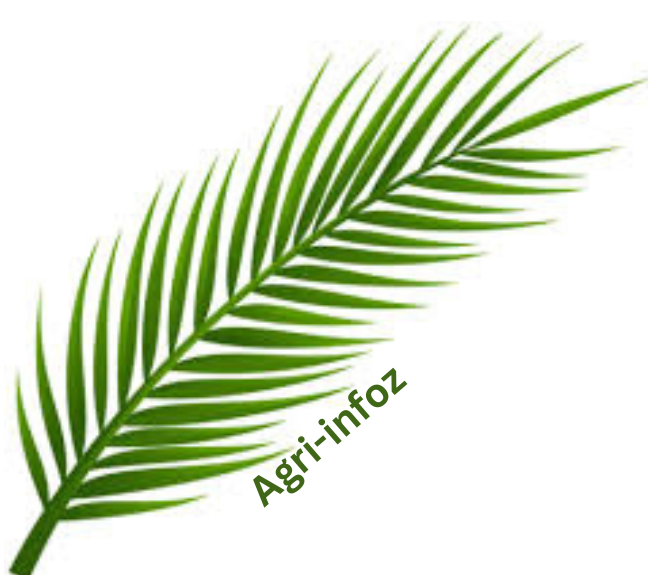


Securing Livestock Health: Essential Vaccination Schedules for Farm Animals
Ensuring the health and vitality of farm animals is a top priority for livestock producers. One of the most effective methods of disease prevention is through vaccination. By implementing comprehensive vaccination schedules tailored to the specific needs of each species, farmers can significantly reduce the risk of disease outbreaks and safeguard the well-being of their herds and flocks. In this guide, we delve into the importance of vaccination and provide essential vaccination schedules for common farm animals.
Read more related: Biosecurity Measures for Farms
Understanding the Importance of Vaccination
Vaccination plays a critical role in protecting farm animals from a wide range of infectious diseases. Vaccines stimulate the animal’s immune system to produce antibodies against specific pathogens, providing immunity against future infections. By vaccinating farm animals, farmers not only safeguard the health of individual animals but also contribute to the overall biosecurity of their operation and the agricultural industry as a whole.
Essential Vaccination Schedules
Cattle:
- Clostridial Diseases: Vaccination against clostridial diseases such as blackleg, tetanus, and malignant edema should be administered annually, ideally before turnout onto pasture.
- Respiratory Diseases: Calves should be vaccinated against common respiratory pathogens such as infectious bovine rhinotracheitis (IBR), bovine viral diarrhea (BVD), and bovine respiratory syncytial virus (BRSV) prior to weaning.
- Leptospirosis: Vaccination against leptospirosis is recommended for breeding cattle to prevent reproductive losses associated with this bacterial infection.
Sheep and Goats:
- Clostridial Diseases: Sheep and goats should receive annual vaccinations against clostridial diseases, including tetanus, enterotoxemia (overeating disease), and pulpy kidney disease.
- Caseous Lymphadenitis (CL): Vaccination against CL, a chronic bacterial infection that affects sheep and goats, is recommended in areas where the disease is prevalent.
- Scrapie: In regions where scrapie is a concern, sheep should be vaccinated as part of a comprehensive scrapie control program.
Pigs:
- Porcine Circovirus Associated Diseases (PCVAD): Vaccination against PCVAD, including porcine circovirus type 2 (PCV2) and associated diseases such as porcine respiratory disease complex (PRDC), should be administered to piglets as early as 3 weeks of age.
- Erysipelas: Vaccination against erysipelas, a bacterial infection that can cause acute or chronic disease in pigs, should be included in the vaccination schedule for breeding and growing pigs.
- Porcine Reproductive and Respiratory Syndrome (PRRS): Vaccination against PRRS, a viral disease that affects reproductive performance and respiratory health in pigs, is recommended for breeding herds.
Poultry:
- Newcastle Disease: Chickens should be vaccinated against Newcastle disease, a highly contagious viral infection that can cause high mortality rates in poultry flocks.
- Avian Influenza: In regions where avian influenza is prevalent, vaccination against the virus is recommended to prevent outbreaks and reduce transmission.
- Infectious Bronchitis (IB): Vaccination against infectious bronchitis, a viral respiratory disease of chickens, should be included in the vaccination program for commercial poultry flocks.
Conclusion
Vaccination is a cornerstone of disease prevention in livestock farming. By adhering to recommended vaccination schedules and working closely with veterinarians to assess the specific disease risks on their farms, livestock producers can effectively protect the health and productivity of their animals. Prioritizing vaccination not only enhances animal welfare but also contributes to the sustainability and profitability of the agricultural enterprise.



